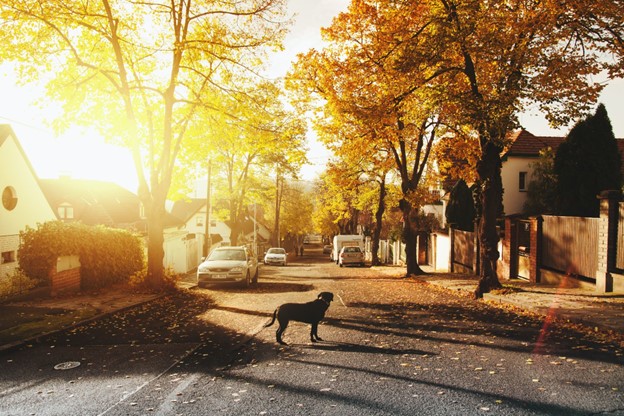By Amy Collett
As a homeowner, you want to feel safe in your own house. Unfortunately, even smaller cities can see their fair share of criminal activities. So here are four strategies to keep your neighborhood better protected.
Get to Know Your Neighbors
Having a relationship with your neighbors is not just beneficial when you need the occasional cup of flour or sugar or when you need someone to sign for a delivery while you’re at work. When you know who lives next door to you, you can safely ask them to keep an eye on your house while you’re on vacation, pick up your newspaper from the driveway, and even take your trash can to the curb to make it look like someone is there and deter potential burglars from breaking into your home. And, of course, you should be willing to reciprocate when it’s your neighbors’ turn to get out of town!
Check Your Homeowners’ Association’s Covenants
Housing complexes such as condominiums and other planned residential developments usually have a formal structure in place, known as a homeowners’ association (abbreviated as HOA), where each property owner is a member. The association is charged with enforcing community rules and maintaining common areas to ensure the safety of everyone. All residents need to abide by the covenants set forth by the association, and new homeowners should get a copy of those rules even before they move in. If you want to have a direct impact on what’s going on in your complex and implement changes that would benefit everyone in your community, be an active participant in your HOA: go to planned meetings, bring up ideas or concerns, and join the board of volunteers.
Organize a Neighborhood Watch
If you’re concerned about crime in your neighborhood, talk to the residents in your area and see if you can gather a group together to increase awareness. Then, plan a meeting inviting all interested residents to participate. Contact your local law enforcement and establish a relationship with a few people there so that you have someone to report to if an incident occurs. It’s also an excellent idea to invite a police officer to your meetings in order to answer questions from participants and propose effective crime deterrent strategies. Keep the momentum going by planning regular meetings, and keep the mood light by not just focusing on criminal activities but instead finding ways to strengthen community relations with block parties, barbecues, and other festive events.
Run for Office
Extend your reach beyond your own street and get involved in your local government to really make a difference. Whether you run for your local school board so you can have a say in the curriculum materials or you run for city council to provide leadership and improve public safety, earning your seat at the table is the first step to influencing decisions that will have an impact on all your neighbors. So start by checking the eligibility requirements for running, such as your age and place of residence, and attend local events to meet people and make yourself known. Look for endorsements from elected officials, community leaders, and organizations, and craft a message that will resonate with people and get you elected.
Keep your neighborhood safe by being proactive. Strive to meet other residents and listen to their concerns, and contact your local law enforcement for advice and guidance. And if you want to have an even greater impact in your community, think about running for local office and getting into a leadership role.





















